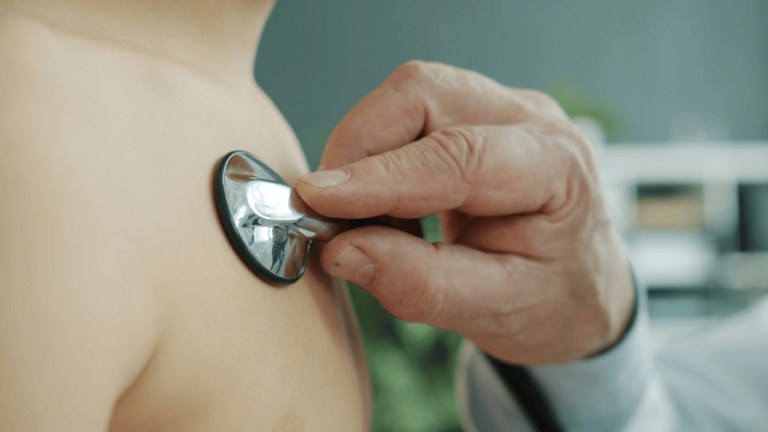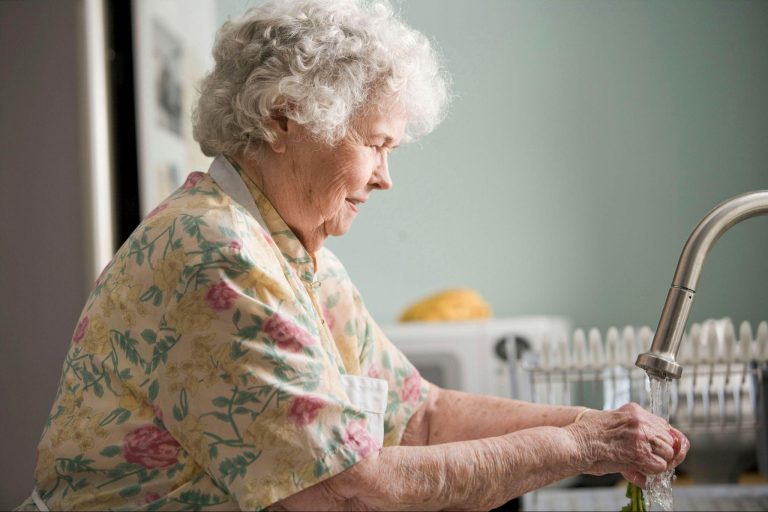Can Popcorn Cause Digestive Issues in Young Children?

Popcorn, a timeless snack cherished by people of all generations, boasts a fascinating history spanning nearly 5,000 years.
In ancient times, popcorn was consumed as a breakfast staple, combined with milk and sugar for a delightful morning treat.
Today, this adaptable snack is available in myriad flavors, making it a go-to choice for movie nights and social gatherings.
However, as parents, we often ponder the question, Can a 2-year-old safely indulge in popcorn?
Considering the age guidelines and potential risks associated with introducing this snack to young children is crucial.
In this article, we’ll help you make an informed choice about the recommended age for safely offering popcorn to toddlers.
This will be a game changer in examining the possible hazards of consuming this beloved treat at a tender age.
Parents can make ideal decisions regarding their child’s snacking habits by understanding these factors.
The Toddler Stage: A Crucial Time for Development
The age of two marks a significant milestone in a child’s life as they transition into the toddler stage.
During this time, children learn to walk confidently, engage in physical activities like running and jumping, and explore their surroundings with increasing independence.
Toddlers also expand their dietary horizons beyond traditional baby foods, trying new textures and flavors.
As parents, we must consider the safety and health risks associated with introducing new foods to ensure our little ones’ well-being.
Popcorn Consumption: A Closer Look
Popcorn is made from corn kernels heated with water and oil until they pop, creating a fluffy and enjoyable snack.
Air-popped popcorn, in particular, is considered a healthy option because it is rich in fiber and antioxidants and low in calories.
These qualities make it a suitable snack for individuals with diabetes or heart-related issues, as it minimizes blood sugar levels and promotes heart health.
However, despite its nutritional benefits, popcorn kernels’ hard and fibrous nature can pose significant risks for young children.
Risks Associated with Popcorn Consumption for Toddlers

1. Choking Hazard
The primary concern with giving popcorn to toddlers is the risk of choking.
The American Academy of Pediatrics includes popcorn on its list of choking hazards for children under the age of 4.
The small, hard kernels can easily get lodged in a toddler’s throat, causing difficulty breathing or even choking.
Toddlers’ airways are much smaller than those of adults, and their chewing and swallowing skills are still developing, making them more susceptible to choking incidents.
2. Digestive Issues
Popcorn kernels are high in insoluble fiber, which can be difficult for a young child’s digestive system to process effectively.
Consuming large amounts of unpopped or partially popped kernels can lead to abdominal pain, constipation, and, in severe cases, cause a mass collection in the intestinal tract known as a bezoar.
Bezoars may require medical intervention or even surgery to remove them, highlighting the importance of avoiding popcorn consumption in young children.
3. Dental Concerns
Crunching on unpopped kernels can potentially damage a toddler’s developing teeth.
The hard texture of these kernels can cause tooth fractures, chips, or other dental issues.
Toddlers’ teeth are still being strengthened, and exposing them to hard, crunchy foods like unpopped popcorn kernels can lead to long-term dental problems.
When Can Kids Safely Eat Popcorn?

Experts recommend waiting until a child is at least 4 years old before introducing popcorn into their diet.
By this age, children have typically developed better chewing and swallowing skills, reducing the risk of choking.
They are also more capable of understanding and following instructions about eating safely.
However, even at this age, it’s crucial to monitor children closely when they eat popcorn and ensure they only consume fully popped kernels.
Encourage them to eat slowly, take small bites, and chew thoroughly to minimize potential risks.
Alternatives to Popcorn for Younger Children
If you want to introduce your toddler to new textures and flavors, there are safer alternatives to popcorn that can provide similar sensory experiences. Some options include:
- Rice cakes broken into bite-sized pieces: Rice cakes offer a crunchy texture similar to popcorn but are softer and easier to chew, reducing the risk of choking.
- Soft crackers: Opt for crackers that dissolve easily in the mouth, such as graham or animal crackers, to minimize choking hazards.
- Peanut puffs: These airy, melt-in-your-mouth snacks are specifically designed for young children and provide a satisfying crunch without the choking risks associated with popcorn.
- O-shaped oat cereal: Toddler-friendly cereals like Cheerios or similar brands are perfect for little hands to grasp and are easy to chew and swallow safely.
When offering new foods to toddlers, choose items that can easily dissolve or become mushy in their mouths to minimize choking risks.
Always supervise your child during snack times and encourage them to sit down while eating to prevent accidents.
Popcorn Allergies and Intolerances
Although rare, some children may have an allergy or intolerance to corn, the main ingredient in popcorn.
Symptoms of a corn allergy can include hives, itching, swelling, digestive issues, and, in severe cases, anaphylaxis.
If you suspect your child may have a corn allergy or if they experience any adverse reactions after consuming popcorn, it’s essential to consult with a pediatrician or allergist for proper diagnosis and management.
Conclusion
While popcorn is a beloved snack many enjoy, it’s best to wait until a child is at least 4 years old before introducing it into their diet.
The question “Can a 2-year-old have popcorn?” is met with a resounding “no” due to the potential choking hazards, digestive issues, and dental concerns associated with popcorn consumption at this young age.
As parents, prioritizing our children’s safety and well-being is paramount.
By offering age-appropriate snacks, closely supervising their eating habits, and being aware of potential allergies or intolerances, we can help our little ones develop a healthy relationship with food while minimizing possible risks.
So, the next time you’re enjoying a bowl of popcorn, remember that patience is key when introducing this snack to your toddler.
With time and proper precautions, they’ll soon be able to join in on the popcorn-munching fun!






